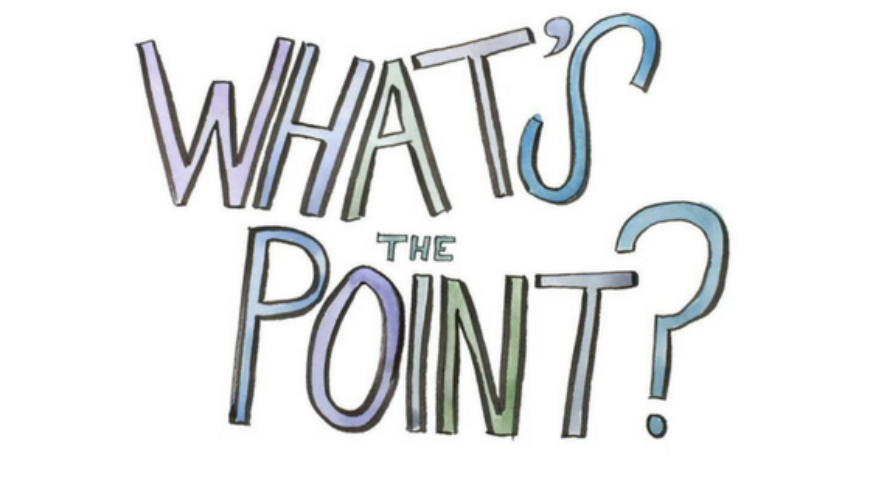Earlier this year I wrote a post about the Plan S open access policy consultation process. I explored what I feel is the purpose of policy consultations, arguing that they are not radical or deliberative democratic exercises but are instead intended to confer a sense of legitimacy to top-down policy mandates:
The consultation process is not necessarily about changing the policy, but about understanding how it can be made palatable to the most important ‘stakeholders’ that will be impacted by it.
https://www.samuelmoore.org/2019/02/13/plan-s-whats-the-point-of-policy-consultations/
In essence, policy consultations are about tweaking and window-dressing. They are a way for policymakers to appear amenable to stakeholder concerns and show that policies have been subject to a certain amount of ‘democratic’ scrutiny.
Today the revised guidance for Plan S has been released in accordance with consultation feedback, including a helpful explainer on the rationale for each change. I thought it would be worth offering a quick assessment of the revised policy in accordance with my previous post.
The revised policy
‘The feedback received has shown that the overall goal of achieving full and immediate Open Access is widely supported by those who responded. The overall objective of Plan S has thus not been challenged.’
https://www.coalition-s.org/rationale-for-the-revisions/
As expected, there are no radical amendments to the policy’s intentions. The goal of ‘full and immediate Open Access’ remains constant and was never likely to be swayed by the responses. That said, I find the wording interesting here because the objective of immediate open access achieved via policy mandates has clearly been ‘challenged’ by a number of different stakeholders (many of whom favour delayed OA, as noted by the policymakers themselves), even though there is near unanimous support for the broader philosophy of open access to knowledge. Part of the beauty of the consultation process was that it forced even the most sceptical stakeholders to show support for the principle of open access (presumably because they did not want to appear to be mere naysayers). Plan S has been successful in further shifting the Overton window in favour of open access.
But there is also evidence of the attempt by Coalition S to keep commercial publishers on
This is clear
A similar bone has been thrown to the researchers and other stakeholders who argued against
Initial assessment
This is only an initial assessment of the new policy and I’ll post more when Coalition S releases the consultation responses, as they plan to soon. But the changes seem consistent with my earlier thoughts on policy consultations and how policymakers use them to enrol allies and legitimise their policy instruments through a seemingly democratic process. The consultation responses allow policymakers to pick and choose which feedback to address, allowing them to promote and relegate certain comments based on the power that each stakeholder holds in the network. This has the feeling of deliberation and a two-way process between stakeholder and policymaker, when in fact we have no idea how Coalition S reached their conclusions and whose feedback was actually taken into account.
For what it’s worth, my feelings on Plan S have changed somewhat over the last few months and I am now more supportive of its intentions when understood as a policy for repository-based open access (i.e., if they make gold OA requirements as stringent as possible, publishers will simply opt for the green route as the lesser of two evils). It’s great to see that the coalition has shored up its commitment to green OA by highlighting the variety of compliant routes to OA and removing the arduous JATS-XML requirement for repositories. Forcing publishers into zero-embargo,
With this in mind, however, I still maintain that mandates and compliance are a terrible way of getting researchers to understand and engage with the reasons for exploring new cultures and forms of publishing predicated upon openness. We desperately need more experimentation and research into
